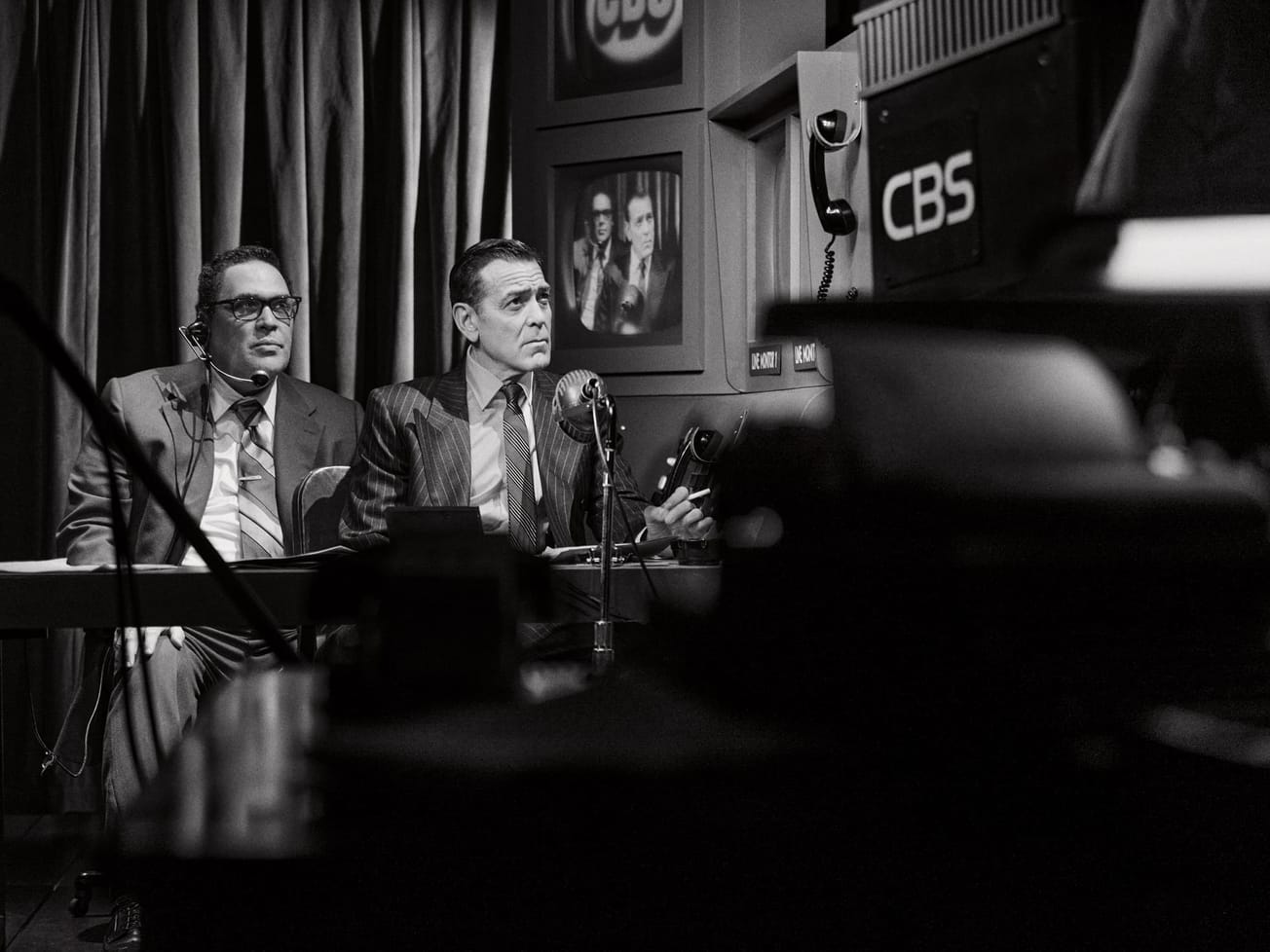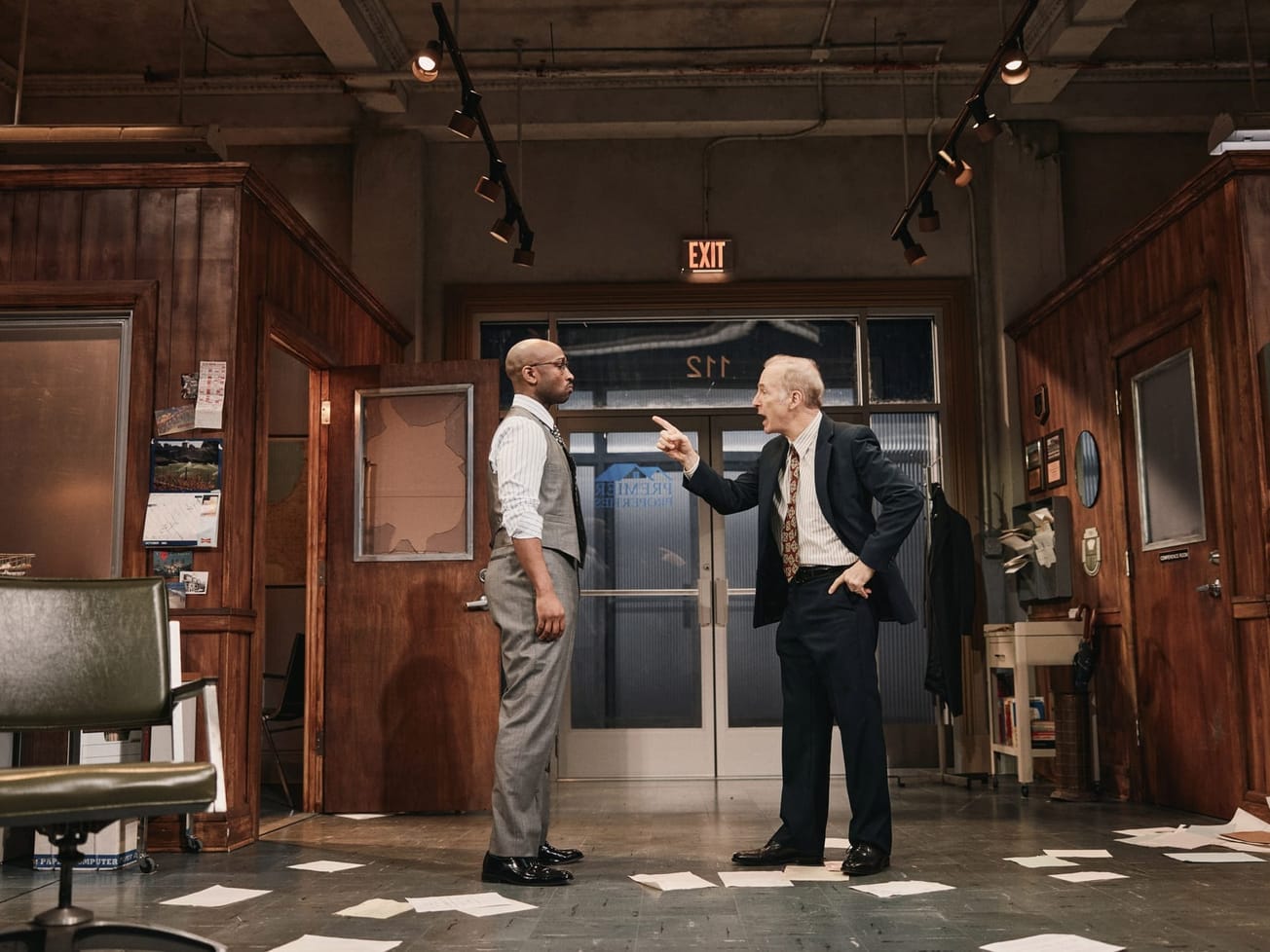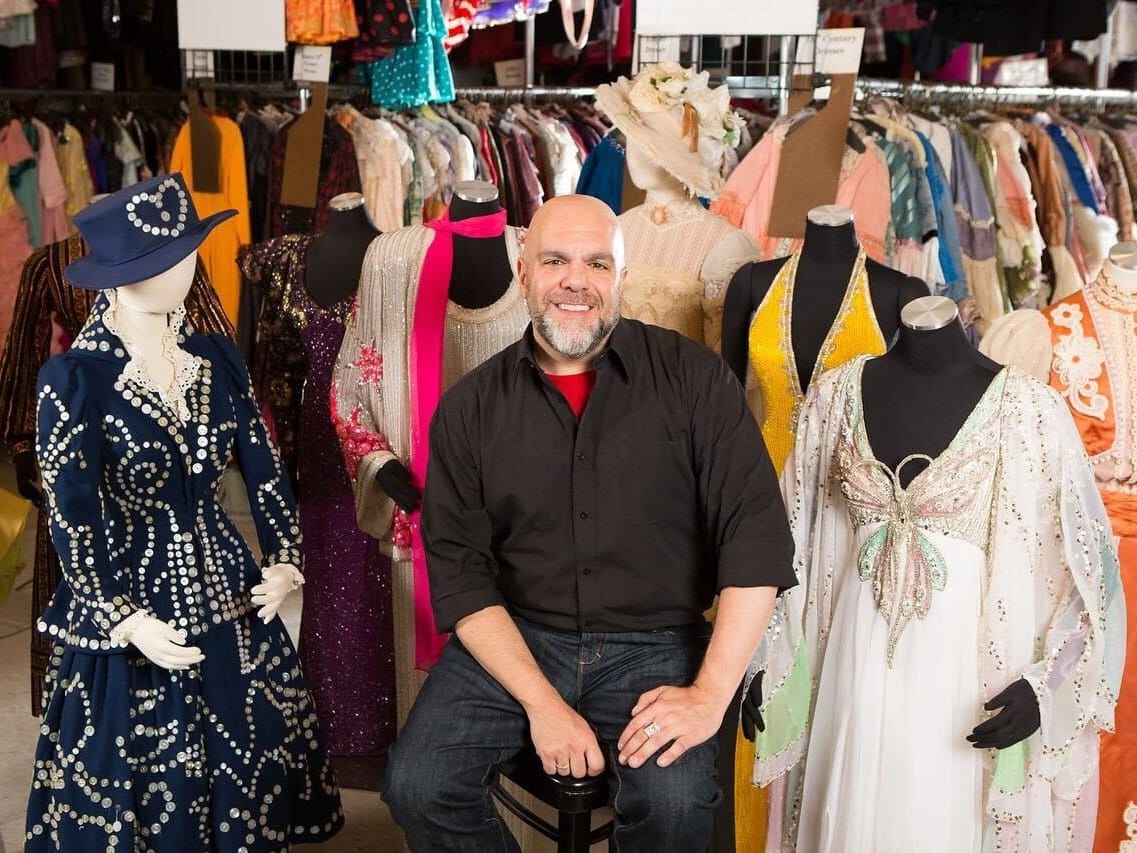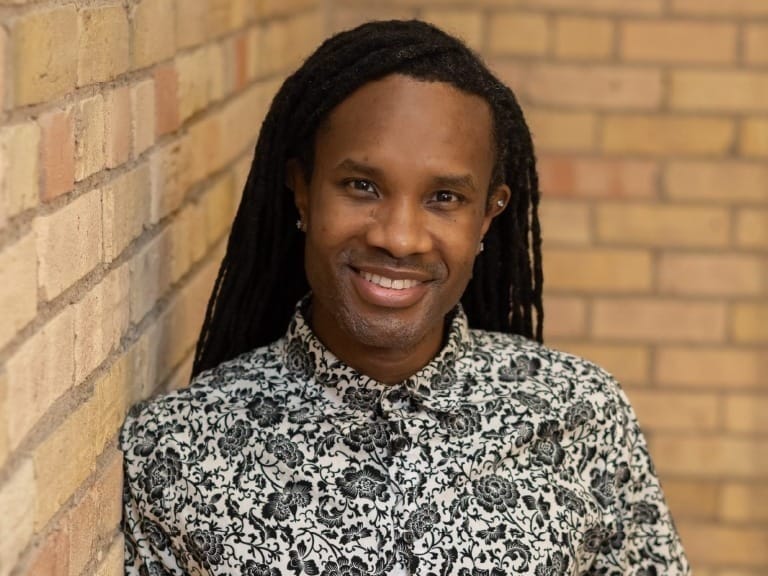On Tuesday night, a new version of “Frozen” will be playing Broadway.
In a step rare for the industry, Disney Theatrical Productions has opted to make changes to the musical, which has been running on Broadway for close to two years. The major changes, which were adopted from the touring production, include a new duet for lead characters Anna and Elsa in the second act, a trimmed entr’acte number (“Hygge”) and the elimination of Anna’s solo, “True Love.”
The new version will appear in front of audiences at the St. James Theatre for the first time Tuesday night, alongside a new cast, including Ciara Renée as Elsa and McKenzie Kurtz as Anna.
Disney Theatrical president Thomas Schumacher and the creative team had been planning to change the Broadway version since they came back together to work on the North American touring production in the fall of 2019. Going back to the rehearsal room gave director Michael Grandage, as well as composers Kristen Anderson-Lopez and Bobby Lopez, in consultation with book writer Jennifer Lee, a chance to further clarify the storyline.
“It was always our intention, in terms of working in the shadow of the animated movie, to take much further and much deeper the relationship between these two sisters and make that the absolute focus of the stage show in a way that you never, ever veered away from that,” Grandage said.
The biggest example of that is in the new duet “I Can’t Lose You,” which was first seen on tour, in which Anna and Elsa directly sing to each other and express their respective fears of being apart again and causing harm to the other. The song replaces “For the First Time in Forever (Reprise)” in which the two women were singing at the same time, but in isolation.
The new version also clarifies Kristoff and Anna’s relationship, giving Kristoff a reprise of “What Do I Know About Love?” to better indicate his romantic feelings before the finale. And after audiences appeared to express confusion over the fates of the King and Queen of Arendelle, the team restaged the scene with added choreography and a new visual to more clearly depict their deaths at sea.
Most of the other changes, including additional alterations to the choreography and shortening “Hygge,” were made to make the piece cleaner and more succinct. The elimination of Anna’s song, “True Love,” which she originally sang late in the second act after being left to die in the castle, also fell into that category.
“It was a very, very beautiful song, but we were very, very aware that it came at exactly the point in the evening where audiences were ready to start heading toward the conclusion of the story,” Grandage said.
These changes will be included in upcoming productions in London, Japan, Australia and Germany, so that all versions will match.
Though rare across the Broadway industry, Disney Theatrical has a history of changing its productions after opening.
For example, ten years into the Broadway run, “The Lion King” cut 10 to 12 minutes from the show to cut down on the length for contemporary audiences. The changes were retroactivity fitted into its productions across the world. “Beauty and the Beast” added a new song, “A Change in Me,” to the Broadway version — which was then placed in some, but not all of its replica productions — when Toni Braxton took on the role of Belle in September 1998.
While many producers view a Broadway show as frozen once critics are invited to review it, Schumacher views each of his productions as “fluid” and able to change as creatives take a second look at the show.
“We’ve tailored things to certain performers. It makes sense to me — keep it alive, keep it fresh. And because we had the great advantage doing shows where the authors are living, everyone’s participating in it,” Schumacher said.
Of the other examples in Broadway past, “Camelot,” which originally opened in December 1960, is oft mentioned for implementing changes a few months after opening. (The director, Moss Hart, had suffered a heart attack during out-of-town tryouts and was not able to rejoin the production until after opening, according to Alan Jay Lerner’s autobiography, “The Street Where I Live.”)
“Dreamgirls” producer Bob Avian recalls swapping out the top of the second act — from a press conference to a showier Las Vegas act — on Broadway after rehearsals for the musical’s tour revealed a superior number.
“When you redo a show a second time, you come up with new ideas, and if they’re better, you just jump at the chance to put them in the Broadway version,” Avian said.
“Frozen” received a mixed critical reception when it opened on Broadway in March 2018, with Broadway News’ Charles Isherwood praising the performances and the score, while bemoaning its “workmanlike” qualities. At the box office, the musical has been a solid performer, regularly grossing around $1 million and maintaining high attendance, even as average ticket prices have slid from highs around $150 to under $100. “Frozen” has a reported capitalization between $25 and $30 million.
Schumacher says he is used to lukewarm reception to Disney’s Broadway shows among critics. As far as grosses go, he views “Frozen” as a seasonal show, due to its popularity among families. He notes that it’s attracting the youngest audience among the Disney shows on Broadway and appears to be gaining more attention after the film release of “Frozen 2.” Still, he is wary of the slow months on Broadway and of the effect of a presidential election, which he says cuts down on overall advertising space and diverts attention away from theater.
“It is in better health than the doctor might say, but the winter is tricky and it’s an election year,” Schumacher said.
He does not plan to invite critics to review the new version of the production or to re-record a cast album with the new songs. Rather, he says, he just prefers this version.
Grandage too relished a chance to refocus the musical, after only having about 10 months to put together the production before its out-of-town tryout in Denver.
“We all know it better now and we have a greater understanding of the piece we’re able to grapple with,” Grandage said.
The creative team timed the implementation of the changes with the arrival of the new principal cast — Ryan McCartan, taking over the role of Hans, in addition to Renée and Kurtz. The full cast rehearsed six days a week for the past three weeks, with some cast members also performing the old version of “Frozen” at night.
Noah Ricketts, who currently plays Kristoff and will remain in the role, likened the experience to his time doing repertory theater, noting that while it was a challenge to keep track of the two similar shows, he appreciated the opportunity to deepen his portrayal of the character.
“Thankfully for us, it gives us a chance to explore our characters again,” Ricketts wrote in an email. “I’ve discovered so many new elements of Kristoff — just by simply going back to basics and re-reading my script.”
When Broadway audiences arrive Tuesday night, some elements of the new show will be obvious: first, a new projection on the scrim with an added logo and castle illustration, then a new Elsa and Anna (with a new style of wig, at that) and a new song, alongside other slight alterations. But Schumacher said the overall message of sisterhood above all else remains the same.
“I’m happy to do a show that’s about that. And then on top of that it’s just so beautiful,” he said.


























































